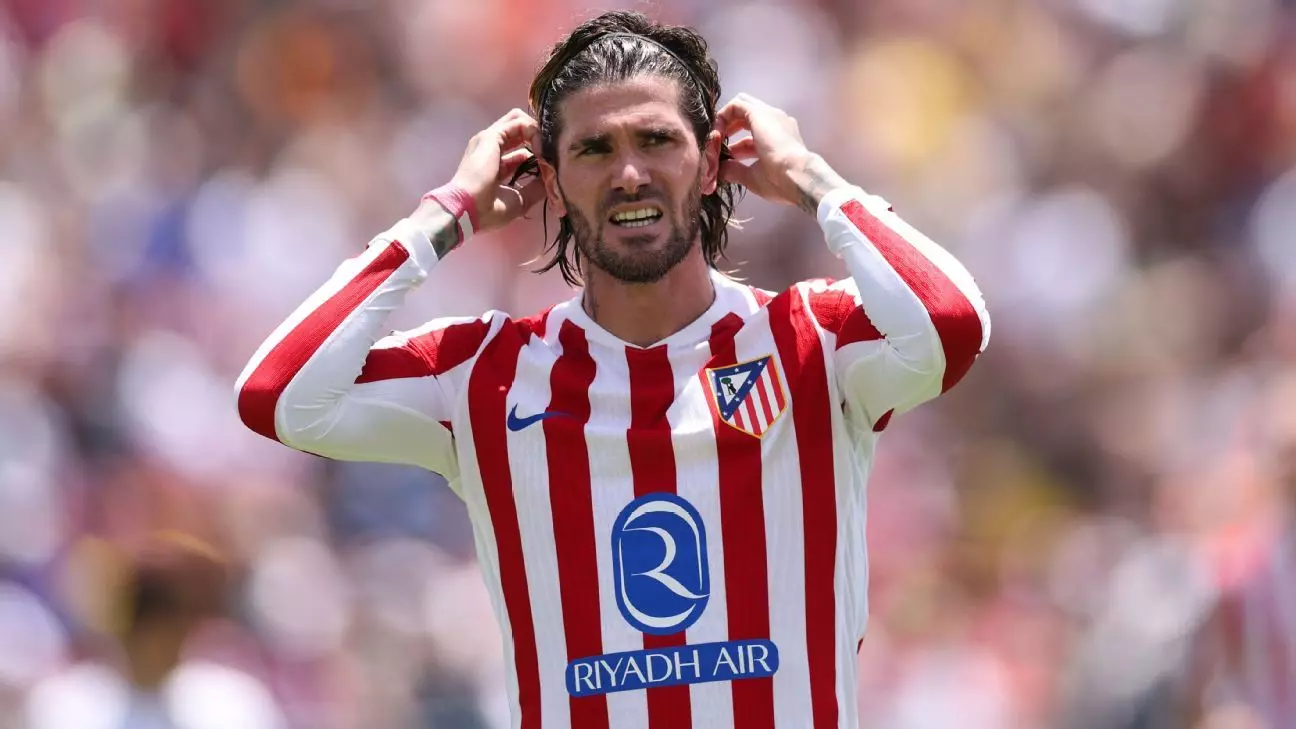Inter Miami’s latest acquisition of Rodrigo de Paul marks more than just a transfer—it signifies a calculated gamble to redefine the club’s trajectory. Unlike previous seasons predominantly focused on blockbuster signings like Lionel Messi, this move addresses the team’s depth and tactical flexibility. By bringing in a dynamic Argentine midfielder with experience in top European leagues, Miami demonstrates its ambition not merely to compete, but to stand out on an international scale. The decision to sign De Paul on a loan with an option for permanence reflects a strategic approach—testing his fit before committing long-term to further bolster the roster’s stability.
What makes this signing particularly significant is the choice to target a player actively involved in Argentina’s recent successes, including their 2022 World Cup triumph. De Paul’s reputation as a technically gifted, versatile midfielder aligns with Miami’s vision to grow into a competitive powerhouse. His transfer signals a shift from the club’s previous reliance on star power alone toward a more balanced squad capable of tactical adaptability.
Balancing Ambitions with Reality
While the signing is ambitious, it also highlights the complexities MLS faces in attracting and integrating top-level talent. De Paul’s move to Miami is not entirely straightforward—initially, he remains outside the designated player (DP) slots, constrained by squad rules and existing international stars like Messi, Jordi Alba, and Sergio Busquets. This logistical nuance exemplifies the challenges Miami must navigate as they assemble a roster that not only boasts world-renowned players but also maintains the financial and strategic flexibility to evolve.
Furthermore, Miami’s plan to potentially convert De Paul into a DP should the initial loan be successful suggests a layered approach—building incrementally and refining their squad identity based on performance and team needs. Such moves reveal a club intent on sustainable growth, avoiding the trap of overcommitting prematurely, yet not hesitating to seize opportunities to enhance their core.
Reflecting on the Bigger Picture
This signing should be viewed through the lens of Miami’s broader ambitions within MLS and international football. The club’s recent signing spree, including Messi, Alba, and Busquets, signals an unwavering focus on elevating the league’s stature. Incorporating a player like De Paul not only strengthens the team’s midfield but also enhances the club’s credibility on the global stage, as they compete for talent and recognition.
Miami’s strategy also underscores a philosophical shift—honing in on young, proven players from top leagues who bring both talent and experience. It’s a calculated gamble that investing in players like De Paul can pay dividends not only in immediate on-field performance but also in laying a foundation for future growth and reputation. If Miami pulls off this delicate balancing act successfully, it could serve as a blueprint for other MLS clubs aiming to escalate their global presence while remaining rooted in smart, pragmatic management.

